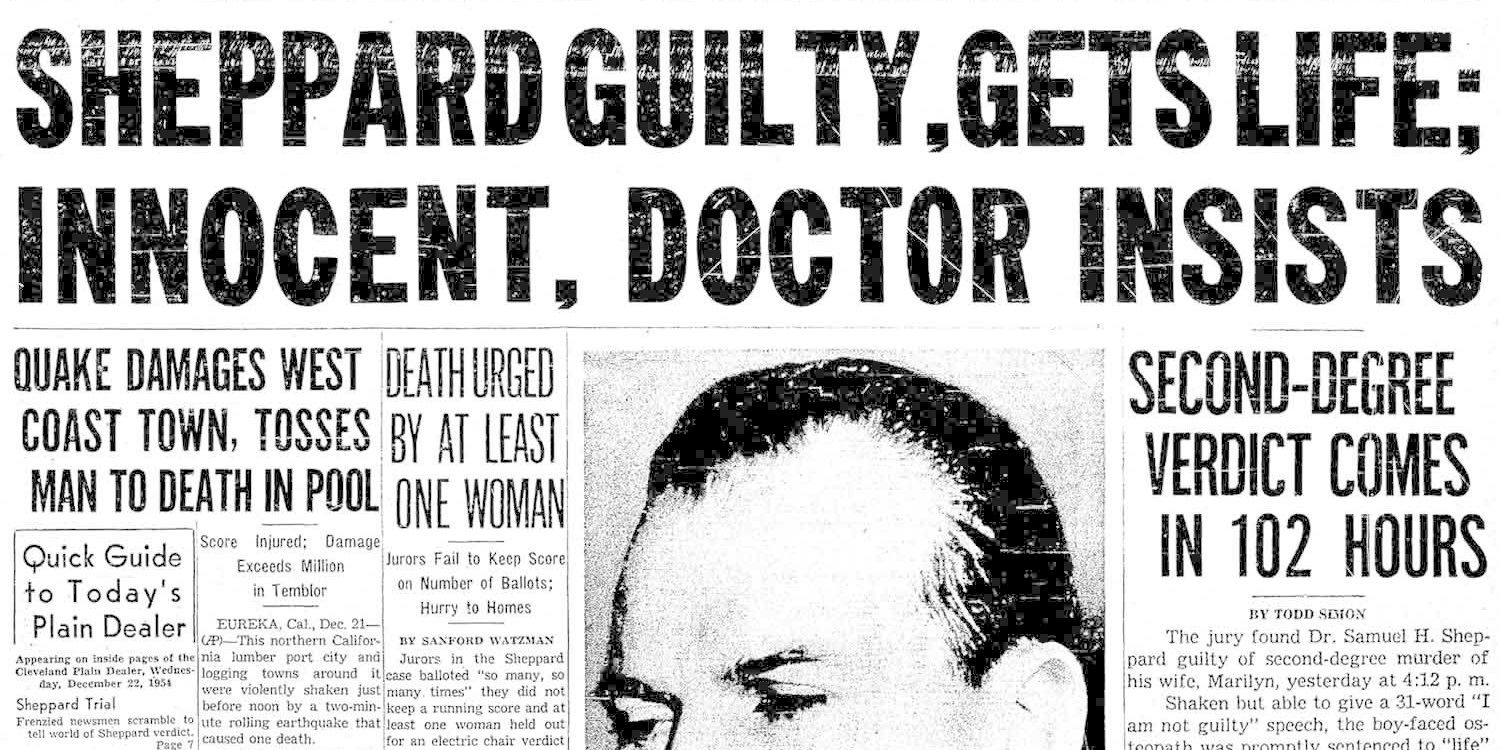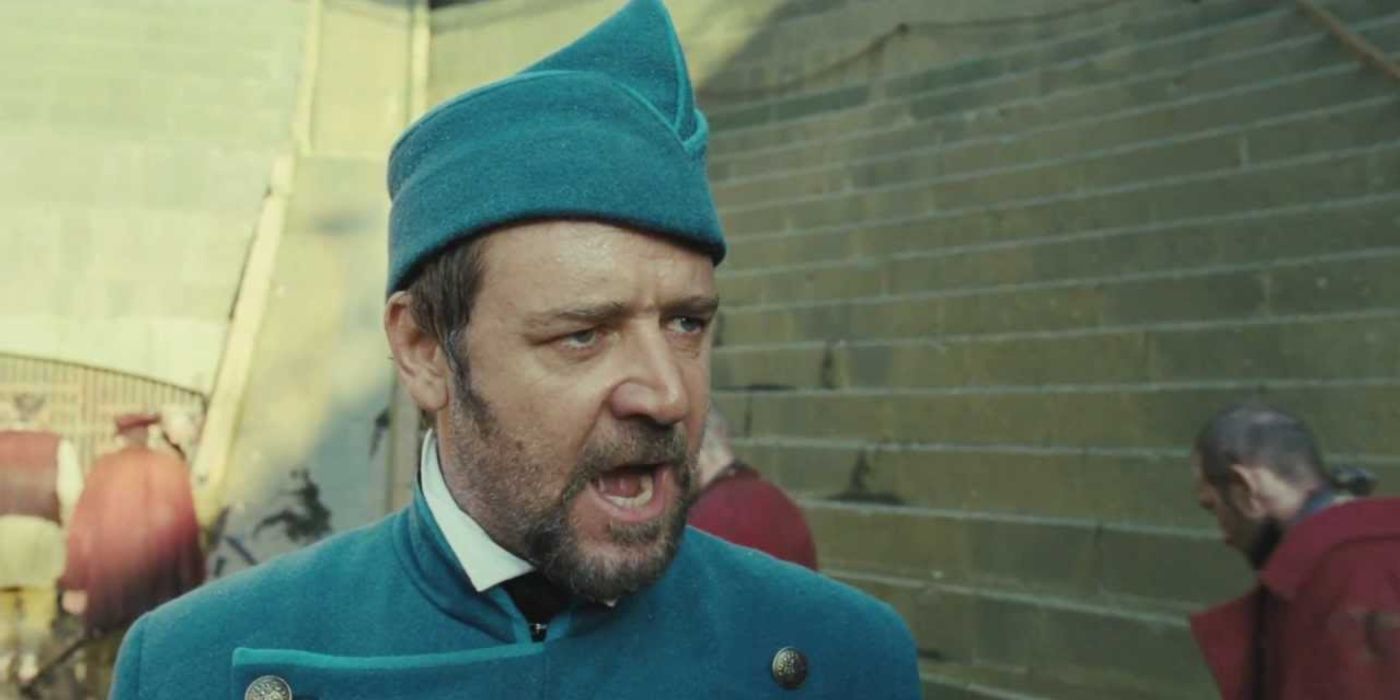The Fugitive is technically a fictional story – both the classic TV series and its blockbuster movie adaptation – but it’s widely believed to have been inspired by a fascinating true crime story. Both the TV and movie versions of The Fugitive revolve around Dr. Richard Kimble’s attempts to evade the law and clear his name after being falsely convicted of murdering his wife. The TV show had one of the most-watched series finales of all time because, long before Lost and How I Met Your Mother, it was one of the earliest shows that promised to answer a long-standing mystery in its final episode.
While Kimble is a fictional character and his adventures on the lam are all fictional stories cooked up by talented writers, The Fugitive is considered to be a sensationalized adaptation of a real case. The Fugitive premiered on ABC in 1963 and ran for 120 episodes across four seasons. The true crime case that the series is thought to be based on took place in 1954, and was the subject of national media coverage, so the producers must have heard about it before making the show.
The Fugitive Might Be Based On The Sam Sheppard Murder Case

In 1954, Dr. Sam Sheppard was convicted of murdering his pregnant wife, Marilyn Reese Sheppard, and sentenced to life in prison. Sheppard didn’t go on the run like Kimble, but he was innocent. He ended up getting the ruling overturned in 1966. In the case of Sheppard v. Maxwell, the U.S. Supreme Court determined that the nationwide media coverage painting Sheppard as a villain had made due process impossible in his first trial. After spending 10 years in prison, Sheppard was finally acquitted at a second trial.
According to Cynthia L. Cooper’s book Mockery of Justice: The True Story of the Sheppard Murder Case, co-written with Sheppard’s son, the creators of The Fugitive have consistently denied using Sheppard’s story as the inspiration for the series. But the real story and the plot of the Fugitive TV show were too close to be a coincidence. They even have similar jobs: Sheppard was a neurosurgeon and Kimble is a pediatrician. The Sheppard murder case has inspired other movies and true crime documentaries, like Guilty or Innocent: The Sam Sheppard Murder Case, a 1975 made-for-TV movie starring George Peppard, and the 2021 Hallmark movie Reunited and It Feels So Deadly.
Les Misérables Was The Main Inspiration For The Fugitive

While the creators of The Fugitive refuse to acknowledge the real-life Sheppard case as an inspiration for the series, they have named Les Misérables as their main influence on the plot of the series. In Ed Robertson’s 1993 book The Fugitive Recaptured, producer Quinn Martin described The Fugitive as “a sort of modern rendition of the outline of Les Misérables.” Kimble is a modern-day Jean Valjean, on the run from the law and constantly moving from town to town to remain undetected. His relentless pursuer, Lt. Philip Gerard, is similar to Les Misérables’ Inspector Javert.




